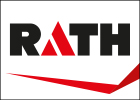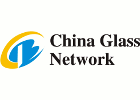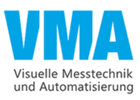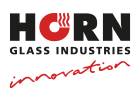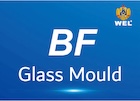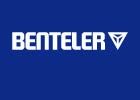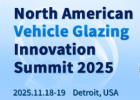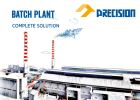A French consortium has launched an R&D programme which aims to decarbonise the glass manufacturing process.
The consortium, formed by energy group ENGIE, glass furnace supplier Fives, and glass manufacturers Saverglass and Verescence, has launched the VERCANE programme: fusion de VERre CArboNEutre (carbon neutral glass melting).
The purpose of the programme is to support the industrial glass sector in its efforts to decarbonise glass production by evaluating energy sources for a sustainable industrial process.
The glassmaking sector is one of the flagships of the French industry and is facing the challenge of carbon neutrality.
CO2 emissions in this sector are mainly produced by the glass melting process, accounting for 70-80% of the total emissions of a production site. The sector has more than 80 furnaces spread over 50 sites in France.
Fully in line with objectives of the 2050 low-carbon strategy plan for the French industry, VERCANE aims to develop sustainable scenarios of energy transition by designing solutions based on decarbonised energy sources.
VERCANE will study different carbon neutral energy systems that could be compatible with the glass melting process: hydrogen, bioresources and process electrification. It will also explore options to adapt existing melting furnaces to new energy sources.
The project will ultimately include concrete case studies at production sites of Saverglass and Verescence in view of preparing the deployment of large-scale industrial demonstrators.



